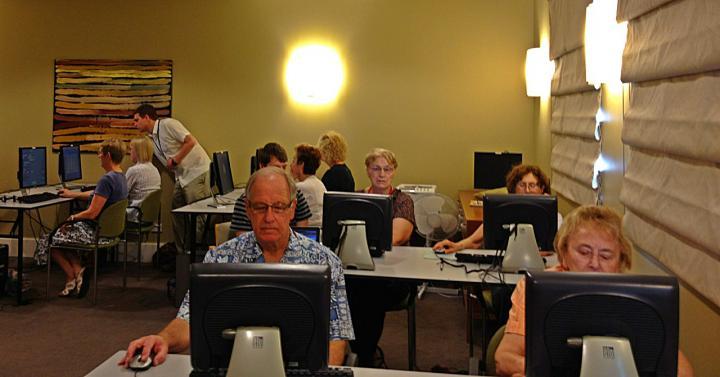In a new meta-analysis of more than 20 years of studies, researchers have shown that playing brain training games on a computer can improve cognition and self-perceived quality of life in adults with mild cognitive impairments.
However the same benefits do not hold true for seniors that have already been diagnosed with dementia, according to data from 12 studies of people with dementia.
In addition to memory and mood, positive gains were seen in psychosocial functioning, as well as learning and attention.
People with mild cognitive impairment, who can still perform daily living tasks but suffer from memory and other thinking deficits, have a one – in-10 risk of developing dementia within a year.
“Our research shows that brain training can maintain or even improve cognitive skills among older people at very high risk of cognitive decline – and it’s an inexpensive and safe treatment,” lead investigator Dr. Amit Lamit of the University of Sydney said in a prepared statement.
The meta-analysis evaluated results from almost 700 participants in 17 randomized clinical trials.
Most brain training games are designed to mimic video games, and gradually become more difficult over time.
The authors say the findings warrant longer-term, more in-depth trials to examine the effects on conversion to dementia.
In Australia there is currently an ongoing study to see if lifestyle changes, which incorporate brain training for four years, can prevent dementia in a cohort of 18,000 older adults.
The findings of the recent meta-analysis were reported Nov. 14 in the American Journal of Psychiatry.






